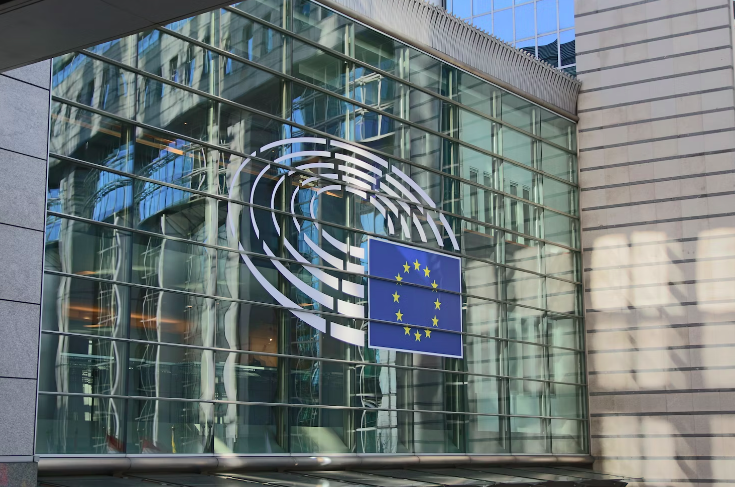EU Seeks Court Backing in $14B Apple Tax Fight
EU competition regulators appealed to the union's highest court on Tuesday to override a lower court decision and make Apple pay €13B (US$14.3B) in Irish back taxes.

Facts
- EU competition regulators appealed to the union's highest court on Tuesday to override a lower court decision and make Apple pay €13B (US$14.3B) in Irish back taxes.1
- The European Commission (EC) said in 2016 that two Irish tax rulings had artificially reduced Apple's tax burden for over 20 years. However, the General Court said in 2020 that regulators hadn't met the legal standard to show Apple had an unfair advantage.2
- EC lawyer Paul-John Loewenthal told the Court of Justice of the European Union (CJEU) that the previous ruling was "legally flawed" and should be set aside. Apple disagreed, arguing that it had paid its fair share of taxes in the appropriate country.3
- While the EU competition enforcer has had several high-profile losses in recent months, including against automaker Stellantis, Amazon, and Starbucks, the CJEU in September took its side in a Belgian tax break case against a group of multinational companies.4
- The case, known as C-465/20 P Commission v Ireland and Others, began Tuesday, with a final ruling on the issue by the Court of Justice expected in the coming months.1
Sources: 1Reuters, 2US News & World Report, 3The Economic Times, and 4Brecorder.
Narratives
- Narrative A, as provided by AppleInsider. Apple has paid its fair share of taxes under the Irish tax code, including a corporate tax of $7.69B in 2022, a 73% year-over-year increase. Furthermore, the profits that the Commission says should have been taxed in Ireland, totaling a whopping €20B, were already taxed in the US.
- Narrative B, as provided by TNW. This case will decide whether US-based corporations — and the billions of dollars they generate outside the US — will be able to hide their profits from other governments. Apple Sales International and Apple Operations Europe receive most of their revenue from outside the US, which clearly shows why that money should be taxable in Ireland.






